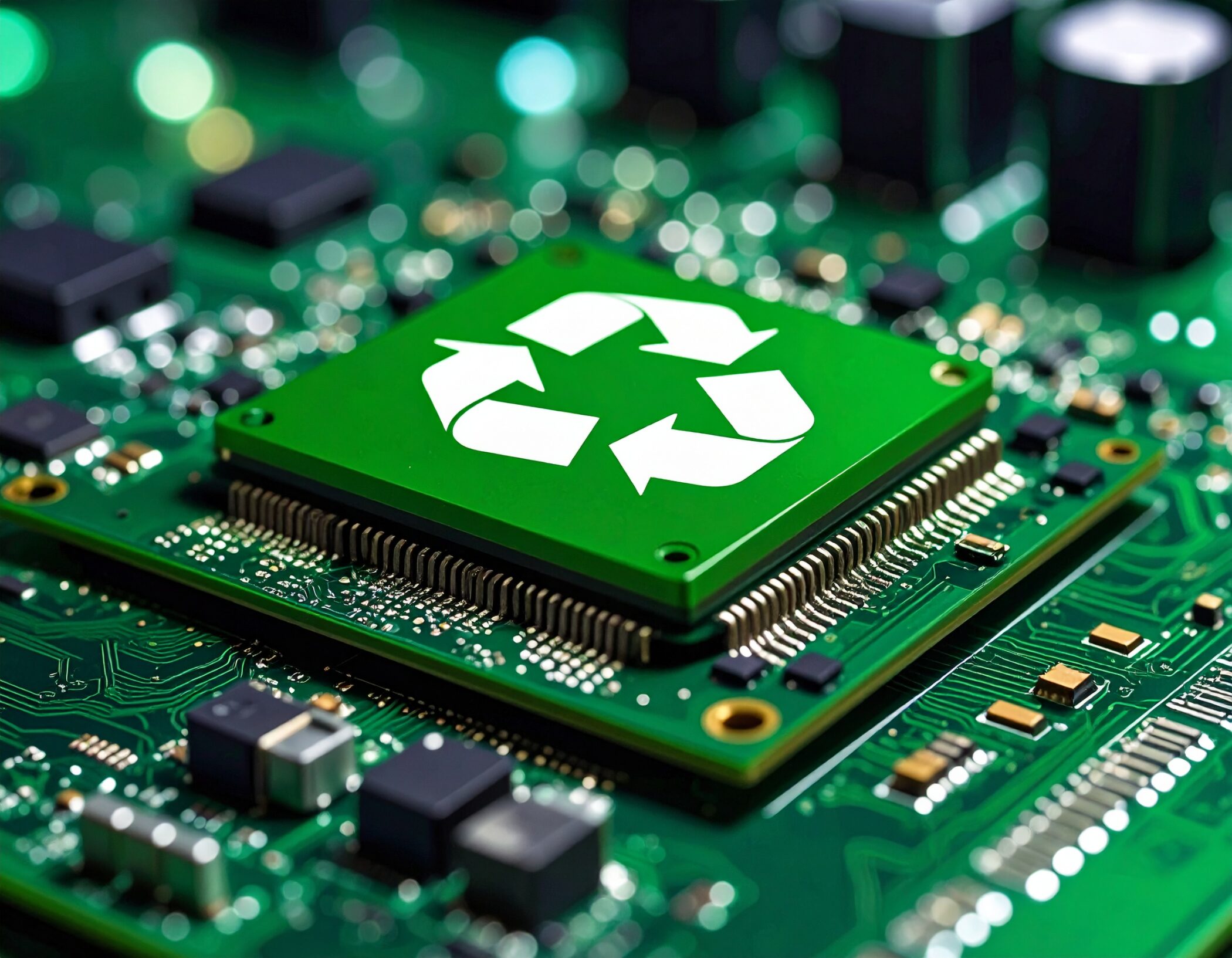Never one to shy away from a challenge, Apple has set a bold target: by 2030, every product it makes will be constructed entirely from recycled and renewable materials. This move, aimed at eliminating the need to mine new raw materials, is part of Apple’s broader environmental strategy to achieve carbon neutrality across its entire business, from manufacturing and transportation to energy use and end-of-life recycling.
This marks a significant shift not just in product design but in how Apple is rethinking its global supply chain.
This plan touches every part of its operations:
Materials: Apple is designing devices with recycled aluminium, rare earth elements, cobalt and gold. Several products, including the latest MacBook and Apple Watch models, already feature 100% recycled materials in key components.
Transportation: The company is working with suppliers and logistics partners to reduce emissions from product distribution by transitioning to low-carbon shipping and transportation methods.
Electricity: Apple has committed to running all corporate operations and supplier facilities on 100% renewable electricity, expanding its investment in solar, wind and other clean energy projects.
Mining the Past, Not the Earth
By shifting to recycled and renewable inputs, Apple is fundamentally changing the way it sources materials. Instead of relying on intensive mining, the company is building closed-loop supply chains where materials from old devices are recovered, refined and re-used in new ones.
This change isn’t just about sustainability. It’s also about supply chain resilience and transparency. Apple’s in-house disassembly robots, like Daisy and Taz, are helping recover rare materials at scale, proving that industrial recycling can be both efficient and commercially viable.
Is Your Organisation Following Suit?
Apple’s approach is likely to become the standard rather than the exception, especially as regulators, investors and consumers demand more environmentally responsible business practices. The EU and U.S. are both moving toward stricter sustainability disclosure requirements, particularly for companies in manufacturing and tech.
The question now isn’t if other companies will follow, but when and how quickly.
Need Help Defining Your Own Roadmap?
Synergy helps organisations assess environmental impact, and prepare for a low-carbon future, whether its simple WEEE recycling or helping organisations build a more environmentally beneficial supply chain, we can help guide the way.
Get in touch today to start a sustainability audit and learn how your organisation can shift your operations in a way that doesn’t cost the earth.
#Sustainability #Technology #London #TechnologySupport #MSP
Share:

